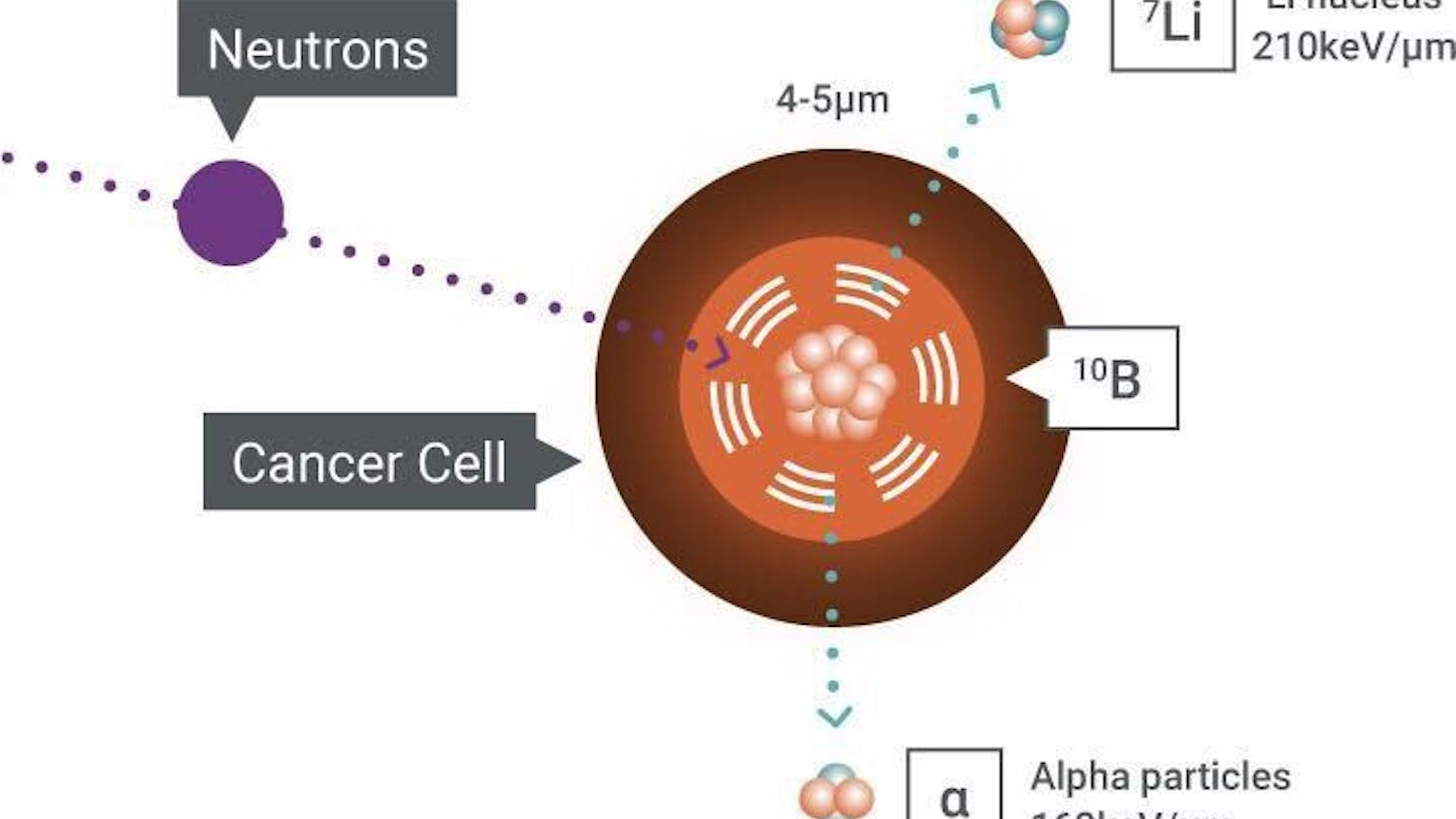According to the National Cancer Institute, 15 to 25 percent of cancer patients experience depression, often as a result of the stress and emotional impacts of being diagnosed and treated for cancer.
However, the reaches of depression and illness are not just restricted to the patient in question — in fact, it extends far beyond the patient and frequently spills over and impacts the families of patients, who often act as caregivers for the patients.
This interaction between illness and family caregiving is what captures the research interests of Kristin Litzelman, a UW-Madison professor of human development and family studies.
“I am really interested in the way that illness and family impact not just the person who has the illness but also everyone else in the family. This translates to looking a lot at family caregiving in general, and spouse caregivers in particular, especially for cancer patients,” said Litzelman.
Spouse caregivers for cancer patients have been documented to experience higher rates of depression than non-caregivers, and similar rates of depression as cancer patients. While it’s well-known that spouse caregivers are at a higher risk for depression, “what we didn’t know was whether or not [the caregivers] were getting treated for depression,” said Litzelman.
In a recent UW Carbone Cancer Center study, Litzelman looked at the rates at which the spouse caregivers of cancer patients received care for depression compared to regular married spouses.
What she found out was worrying. Spouses of cancer survivors were about 30 percent less likely than regular spouses to have received adequate medical treatment for depression. In rural areas, the disparity was even greater — cancer survivor spouses living in rural areas were 70 percent less likely than regular spouses to receive adequate care.
The persistence of depression in the spouse caregiver population could have a variety of impacts. Litzelman describes the impacts of caregiver depression as “trickle down impacts” that end up affecting the quality of life for everyone, including the patient and the caregiver.
“In the caregiving context, there’s the potential for a downward spiral there, where if one person has depression, that impacts the other person in that relationship, in that pair and then it can kind of go back and forth. And all of that can be triggered by the fact that one person as a health problem. We know that when someone has a health problem, their spouse is more likely to develop depression. And we know that when one person has depression, that tends to spill over,” said Litzelman, “So you end up with this potential for a negative cyclical effect.”
Another form of trickle down impact is how patients ultimately perceive the medical care they receive. When spouse caregivers become depressed, they often have trouble helping out with scheduling and attending medical appointments, coordinating care, communicating with health care professionals and participating in the decision-making process. As a result, this can lead cancer patients to feel that they aren’t receiving quality medical care from the health care system.
With this study, they were able to concretely identify that caregivers of cancer patients aren’t getting the care they need. However, in light of this new information, Litzelman says that the next step is identifying where and why caregivers aren’t receiving adequate care.
“All this study tells is that they aren’t getting adequate treatment. But it doesn’t tell us if that’s because they aren’t getting screened for depression, if they’re not going to the doctor at all, if it’s because they’re getting diagnosed but then aren’t actually following through and filling their prescriptions or going to their therapy appointments,” said Litzelman.
Without any idea of where the system is losing the caregivers, it’s difficult to determine where exactly things need to be changed and improved to better serve and treat the caregivers.
As for the “why” side of the story, Litzelman thinks that it may be related to financial and time constraints.
Caregivers are often extremely busy caring for their family member and spending large amounts of money to transport and care for the patient at home, which may leave them little time, money or energy to attend their own doctor’s appointments. In rural areas, this problem is amplified because rural populations tend to be farther away from resources and access to mental health professionals.
In addition, emotional constraints may play a large role in why caregivers aren’t getting proper treatment.
“It’s really hard to think about doing something like going to see the doctor when you’re already overwhelmed and stressed out, even if you have the time and even if you have the money,” said Litzelman.
Ultimately, Litzelman’s long term goal is to help improve the healthcare system to efficiently serve these caregivers. One area of improvement is making primary care physicians aware that some of their patients might be caregivers and thus are more likely to develop depression. Since the primary care level is where most cases of depression are detected, improving this level of care could prevent more caregivers from slipping through the cracks.
Another possibility is modifying the type of care that cancer treatment settings provide. Currently, many cancer treatment settings aren’t set up to care for both patients and caregivers. If the system could be changed to better pick up on the wellness and mental health situations of caregivers and families, it could further tighten the cracks.
Some centers, like the Memorial Sloan Kettering Cancer Center, have already begun to improve their care in that aspect. However, Litzelman says, the medical system as a whole is not set up to serve caregivers in this regard yet.
“The end goal is to have everyone be happier and healthier in the whole family, and improve quality of life, and improve the experience of these families who are going through something really hard and need whatever the extra help we can give them.”






